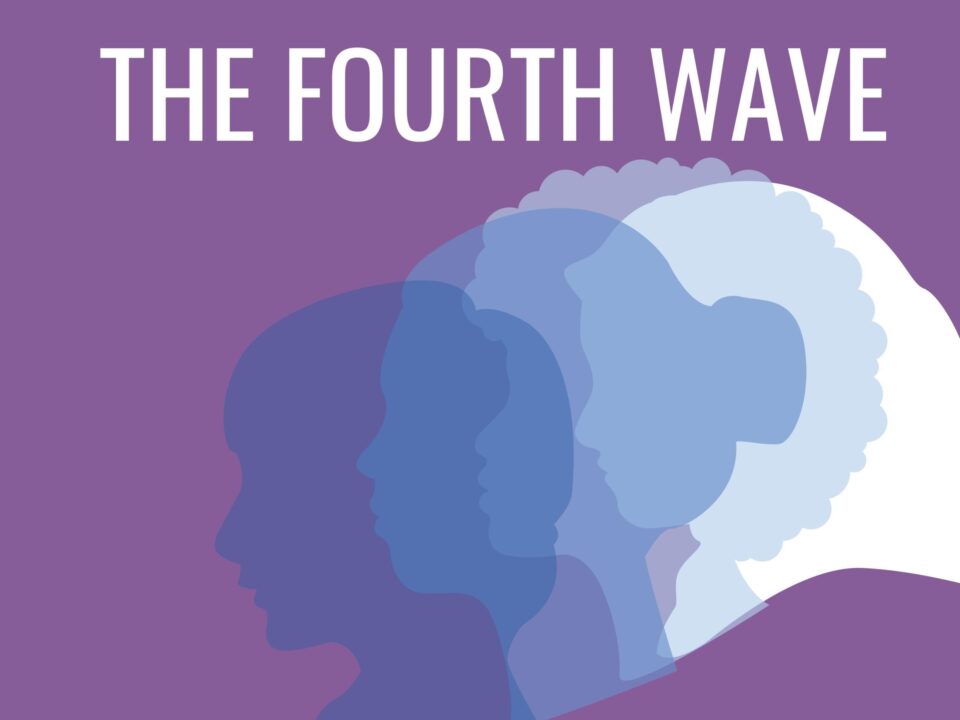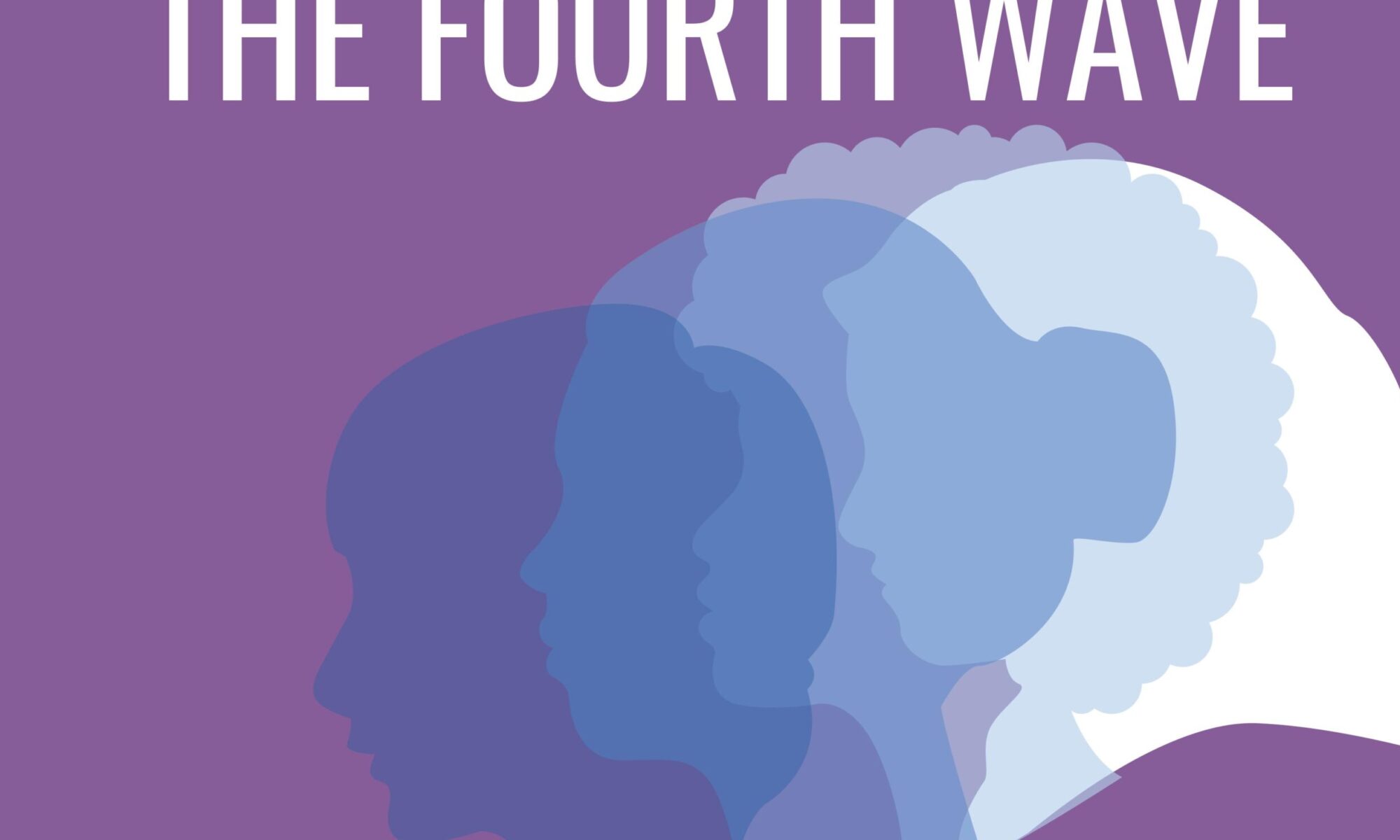
This editorial is part of a series called “The Fourth Wave” for Women’s History Month focused on women’s achievements on the St. Thomas campus and the intersectionality of modern feminism.
Heteronormative ideology is prescribed to us by societal foundations and exists not only in our minds but in the legal, economic, political, educational and religious institutions we experience every day. Its limiting for those in different-sex relationships, and also leads to a negative perception of same-sex relationships because those relationships lack intrinsic traditional gender roles.
According to “Not quite over the rainbow: the unrelenting and insidious nature of heteronormative ideology in the Journal of Current Opinion in Behavioral Sciences,” heteronormative ideology refers to the “belief that there are two separate and opposing genders with associated natural roles that match their assigned sex, and that heterosexuality is a given.” This ideology has negative consequences and is embedded in societal, religious, legal and many other institutions.
Women are viewed in traditional roles as responsible for nurturing tasks, such as bearing and upbringing children, preparing meals, cleaning and being essentially “assistants” to their husbands; men are viewed as the the authoritative figure of a family and are expected to earn money for families.
These traditional roles that are inherent of heteronormative ideology have negative consequences that are prevalent in all relationships.
A woman might be seen as inferior if she chooses not to have children, or if she hires a nanny to take care of them while she works on the other faucets of her life, such as her career, rather than just being a mother.
These ideologies feed directly into negativity against same-sex couples. Same-sex relationships are criticized because they do not endorse space for the traditional gender roles to be present. According to heteronormative ideology, a relationship between two women holds no assignment of who should adapt the traditional roles of a man.
This is troublesome for individuals that keep heteronormative ideologies as the architecture of their lifestyle, which leads to prejudice and discrimination of those in same-sex relationships.
In a publication titled “Straight is Better: Why Law and Society May Legitimately Prefer Heterosexuality,” George W. Dent Jr. states “The union between a woman and a man brings them as close as possible to experiencing the full range of human experience. It affords a unique integration of intrinsic human goods—eros, bearing and raising children, companionship, and incorporation of the full range of humanity and of human life. Society may fairly consider this unique holistic capacity an intrinsic good of heterosexual love that is lacking in homosexual relationships, which are necessarily more fragmented.”
Dent, among many others, supports the argument that same-sex relationships are wrong by looking to Catholic natural law doctrine, which makes reproduction the purpose of marriage. Since same-sex couples cannot naturally reproduce, their relationships are seen as fragmented.
However, Pope Francis has used his influence to encourage people to respect those in same-sex relationships. During his time as archbishop of Buenos Aires, the pope endorsed same-sex civil unions. To clarify, by doing this, he was not trying to change Catholic doctrine, but he was relaying that those in same-sex relationships should be able to enjoy the same rights as others.
If your values within your relationship have you completely satisfied with adapting traditional, heteronormative roles within your relationship, so be it. What makes you happy will defer from what works for other relationships, and it is our duty to respect others, just as it is their duty to respect yours.
Like Francis, I hope that more people will recognize that those that choose to not abide by heteronormative ideology are worthy of respect, kindness and equality. In moments that you catch yourself being uncomfortable with people adapting and sharing roles that are not considered to be traditionally assigned to their gender, I would welcome to question what you can do to deconstruct this and use your influence to deconstruct it in larger institutions.
Angelica Franaschouk can be reached at fran8528@stthomas.edu.



